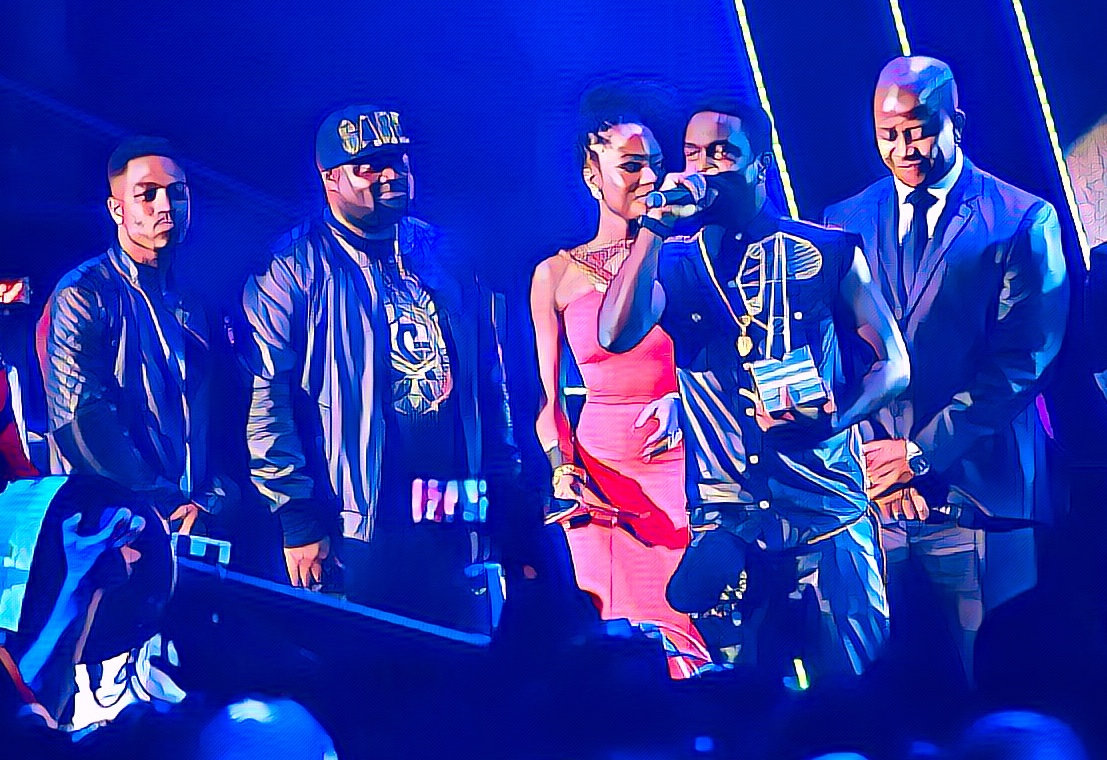Key Points
- Afrobeat helps Ghanaian youth tell stories of ambition and resilience.
- Technology allows young artists to amplify their Afrobeat music globally.
- The genre blends activism, culture, and hope to unite Ghana’s youth.
Young Ghanians use Afrobeat as a forceful cultural medium to express their struggles and hopes to the world. The genre Afrobeat started with Fela Kuti in Nigeria but gained its distinct style through the addition of highlife music from Ghana. Young people in Ghana make Afrobeat music to connect their daily experiences to people near and far as a storytelling platform.
Afrobeat’s cultural foundation
Through Ghana’s music Afrobeat gained its primary shape and form. Highlife music started in Ghana when musicians blended Western instruments and African traditional music together. Modern Afrobeat takes its foundation from African music yet adds elements from hip-hop, R&B, and dancehall to create a modern genre.
Musicians like Sarkodie, Stonebwoy, Gyakie, King Promise, and Black Sherif have made Afrobeat their own by transforming it to reflect who they are and what they experience. They developed music that shows both their personal stories and Ghana’s cultural diversity to worldwide audiences.
Afrobeat as mirror of society
For Ghanaian young people Afrobeat is not only fun music but also a platform to study and address social problems in society. Through its powerful messages Afrobeat artists successfully highlight social injustice and corruption in politics as well as financial hardship.
Young Ghanaians follow Black Sherif’s music because he sings about their troubles and future goals. These musical pieces “Second Sermon” and “Kwaku The Traveller” depict real stories about struggling individuals in difficult economic situations. Music artists use their songs to hold officials accountable while teaching their fans about their civic rights.
Maintaining identity via music
Ghanaian Afrobeat artists showcase their cultural roots by using traditional instruments and adding local languages Twi, Ga, and Ewe to their songs. Combining modern music styles with ancient traditions offers young Ghanaians a way to maintain their values while engaging with diverse populations.
Young people use Afrobeat music to understand basic life matters from dating to heartbreak to maturity in meaningful and approachable ways. Musicians like Gyakie create popular songs about love and relationships that make meaningful connections with people from different age groups and cultures.
Afrobeat storytelling
Ghanaian Afrobeat music engages traditional Ghanaian sounds by using authentic drums, instruments, and local languages including Twi, Ga, and Ewe in their musical pieces. Young people embrace their traditional heritage through these songs while making new connections with various communities.
Young people use Afrobeat music to understand basic life matters from dating to heartbreak to maturity in meaningful and approachable ways. Musicians like Gyakie create songs about love that speak to people across different ages and cultures.
The global Afrobeat reach
The worldwide popularity of Afrobeat has given young Ghanaians fresh chances to tell their stories. Artists have been able to reach global audiences because to digital channels as YouTube, Spotify, and TikHub, therefore elevating their voices much beyond the boundaries of Ghana. Social media helps to further reach this audience by enabling partnerships with foreign musicians introducing Ghanaian stories to a variety of listeners all around.
Ghanaian musicians such as King Promise and Sarkodie have effectively worked with worldwide events to link local and global sounds. These collaborations underline Ghana’s unique cultural contributions and the universality of Afrobeat’s themes.
Technology and youth empowerment
The democratization of music production brought about by the availability of digital technologies facilitates the creation and distribution of Afrobeat music by young Ghanaians. Social media channels and reasonably priced recording tools have enabled a new generation of musicians to tell their stories free from depending on conventional gatekeepers in the music business.
With dance challenges and viral trends helping budding musicians get attention, TikHub has grown especially powerful in supporting Afrobeat tunes. These forums let young Ghanaians directly influence the way their stories are told and shared.
An instrument for optimism and unity
Afrobeat serves as a uniting tool in a nation of cultural variety by combining several ethnic traditions into one, dynamic music. It provides a common platform for Ghanaian young people to interact and strengthen their feeling of oneness.
Celebrating their culture, showcasing their skills, and networking with other creatives, events like Afronation Ghana provide young musicians stage. These gatherings not only underline the worldwide popularity of Afrobeat but also support its function as a source of inspiration and optimism for young people of Ghana.
Conclusion
Afrobeat is more to Ghanaian youth than merely a music; it’s a voice, a movement, a link between history and modernity. Through Afrobeat, they expose their hardships, honor their culture, and forward their dreams into the international scene. The genre will remain a potent weapon for Ghana’s young to express their identities and create their future as it develops, therefore guaranteeing that their voices are heard both at home and abroad.





1 comment
I enjoy you because of all of the efforts on this website. My daughter takes pleasure in conducting research and it’s really easy to see why. We hear all regarding the dynamic tactic you make advantageous tips and tricks via your website and attract response from other individuals on the concept while our own simple princess is in fact understanding a lot. Have fun with the rest of the new year. You are always conducting a first class job.